Federal Tax Credit for HVAC Systems: How Does it Work and How to Claim (Step-by-Step Instructions)
Here’s the deal. So you bought a new HVAC system in 2020 and you heard you might be able to get a Federal tax credit. But how do you go about it? The great news is you can claim it when you file your income taxes in 2021, so now is the time to act!
The best part? For qualified HVAC improvements, homeowners might be able to claim 25c tax credits equal to 10% of the install costs (up to a maximum of $500).
If you’re unsure of how to get the tax credit you might be eligible for, don’t worry, we’ve got you covered. Read on through this post to learn about the eligibility criteria of the federal tax credit scheme for high efficiency HVAC systems, and find out how you can claim some money back.
What is the Federal Tax Credit For High Efficiency HVAc Systems?
The Nonbusiness energy property tax credit provides an incentive to homeowners to invest in energy efficient home improvements, such as high efficiency heating, cooling and water-heating equipment. It’s a non-refundable personal tax credit, i.e., reducing taxes, dollar-for-dollar. It was enacted as part of the Energy Policy Act of 2005 and has been expanded multiple times, now to December 31 st , 2021.
Why is this important? Well, this means that any purchase of a qualifying high efficiency HVAC system throughout 2021 is covered by the tax credit.
How Does Energy Tax Credit Work and How Much Will I Be Given?
Although it sounds quite complicated, once you get to know the details, it’s not too difficult to understand. Thanks to the tax credit, homeowners will receive a credit against their taxes for an amount equal to
- 10% of the amount paid or incurred up to $500 or a specific amount from $50 – $300.
I’m not going to lie to you, there are some specifics you need to be aware of. In the following section we use some abbreviations, which are explained below:
- SEER – Seasonal Energy Efficiency Ratio, it measures how much heat is removed by an AC or Heat Pump in watt-hours. The higher the ratio, the more energy efficient.
- EER – Energy Efficiency Ratio. It measures how efficient an AC or Heat Pump operates when outdoor temperature is 95F.
- HSPF – Heating Seasonal Performance Factor. It measures the ratio of heat output from an Heat Pump to electricity used.
- AFUE – Annualized Fuel Utilization Efficiency. It’s a percentage used to rate furnace’s heating efficiencies. The higher the percentage, the more energy efficient.
How do I find out the SEER, EER, HSPF, and AFUE of my HVAC system?
The best way to find out this information is to contact the HVAC contractor who installed your system. Here at 24/7 Local HVAC, we provide that information in our install contracts, and if you’re unsure you can always give us a call.

Air Source Heat Pumps
You can qualify for tax credit up to $300. They are required to have a minimum of 15 SEER, 12.5 EER, 8.5 HSPF.
Central Air Conditioning
You can qualify for tax credit up to $300. Split systems must have a minimum of 16 SEER and 13 EER whereas packaged systems must meet or exceed 14 SEER and 12 EER.
A split system is split into two units: one that’s inside and one that’s outside.
On the other hand, packaged systems have all of their main components (condenser, compressor, and evaporator) combined together in one single, metal-encased package.
Gas, Propane, Or Oil Hot Water Boiler
You can qualify for tax credit up to $150. They must meet or exceed a 95% AFUE.
Gas, Propane, Or Oil Furnaces And Fans
You can qualify for tax credit up to $150. They must meet or exceed a 95% AFUE.
Water Heater (Non-Solar)
You can qualify for tax credit up to $300.
Advanced Main Air Circulating Fan
You can qualify for tax credit up to $50. The advanced main air circulating fan must not use more than 2% of energy.
Am I Eligible To Claim HVAC Rebate?
It sounds great, doesn’t it? But what’s the bottom line? How do you know if you’re eligible?
First up, if the system meets the qualifications in the section above, it’s energy star certified. This proof is often in the form of an AHRI certificate or a manufacturer certification. As a homeowner, you should keep proof for your own records, but you don’t need to attach to your tax return when you file. In addition, to be eligible for the tax credit, the system must be installed at your existing home, which is also your primary residence.


Unfortunately, tax credits are not available for new constructions or rentals, so it’s only for systems that you replaced or added at your current home.
Also, if you’ve already claimed $500 from the Non-business Energy Property Tax Credit since 2005, you won’t be eligible to claim any more credits.
How To Claim Residential Energy Credit?
First things first, to claim your tax credits, be sure to keep a copy of the manufacturer’s certification statement to show the efficiency ratings of the system. You won’t qualify for the credits without one.
In order to apply for the tax credit, you need to file IRS Form 5695 with your tax return, which we will go through in the following section.
Step-By-Step Guide To Filling Out IRS Form 5695 To Claim Federal Tax Credits For HVAC System
Understanding how to complete IRS Form 5695 to claim your tax credits can be challenging, which is why we’ve included this super simple, easy-to-follow step-by-step guide to completing the form. Here’s everything you need to know:
Step 1: Download The Relevant Forms
Understanding how to complete IRS Form 5695 to claim your tax credits can be challenging, which is why we’ve included this super simple, easy-to-follow step-by-step guide to completing the form. Here’s everything you need to know:
Step 2: Complete The Relevant Sections Of Form 5695
For those who have claimed non-business energy property tax credit in the past, it’s likely you have hit the limit. Or if you suspect that you might hit the tax credit limitation, consult a tax preparation professional instead.
For those who have not claimed any non-business energy property tax credit in the past, follow the examples below.
Example 1) If You Bought A Qualified Heat Pump System Or Central A/C System Or A Water Heater
- Put $300 in Line 22a;

- Put $300 in Line 23, 24 and 30.

Example 2) If You Bought A Qualified Boiler Or Furnace
- Put $150 in Line 22b;

- Put $150 in Line 23, 24 and 30.

Example 3) If You Bought A Qualified Central A/C System And Furnace Bundle
- Put $300 in Line 22a;
- Put 150 in Line 22b;

- Put $450 in Line 23, 24 and 30.

If you utilize a particular tax software to assist you with your tax return, make sure you answer the questions related to the non-business energy property tax credit so form 5695 will be completed for you.
Important Disclaimer
The advice offered within this article is intended as a basic guide only and is not to be used as, or substituted for, professional tax preparation advice. We strongly advise you to seek professional support for assistance with any complicated issues and advise you to consult with a certified tax preparation specialist or CPA where appropriate.
How 24/7 Local HVAC Can Assist With Your HVAC System Installation
The Federal tax credit for high efficiency HVAC systems is an excellent scheme that you should undoubtedly take advantage of. As well as being reimbursed for some of the upfront costs of a new system, you will also save money in the long run, as a new, highly-efficient HVAC system costs a lot less to run than other, older systems.
At 24/7 Local HVAC , we offer a broad range of professional services, including new system installations and repairs. We are experts at installing energy efficient HVAC systems across the Baltimore area, that will ensure you are eligible for the federal tax credit. If you want to entrust a highly skilled, professional, family run team to install a new HVAC system in your home, then give us a call or schedule an appt here and we would be delighted to discuss the ways in which we can help.
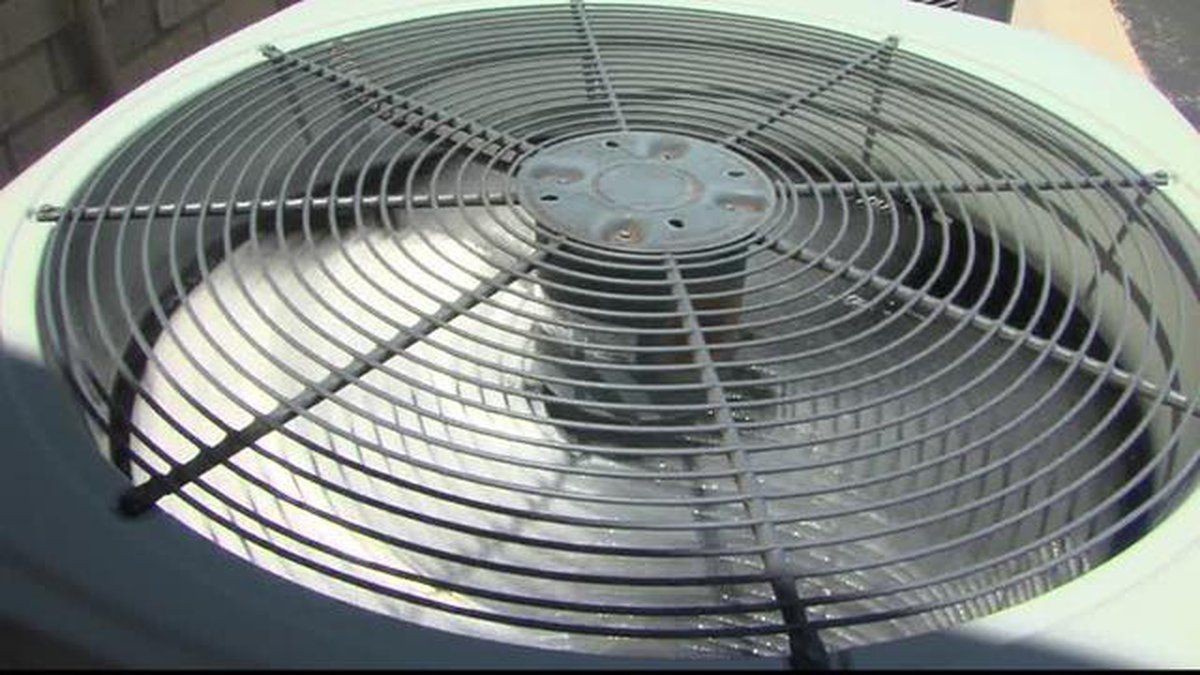

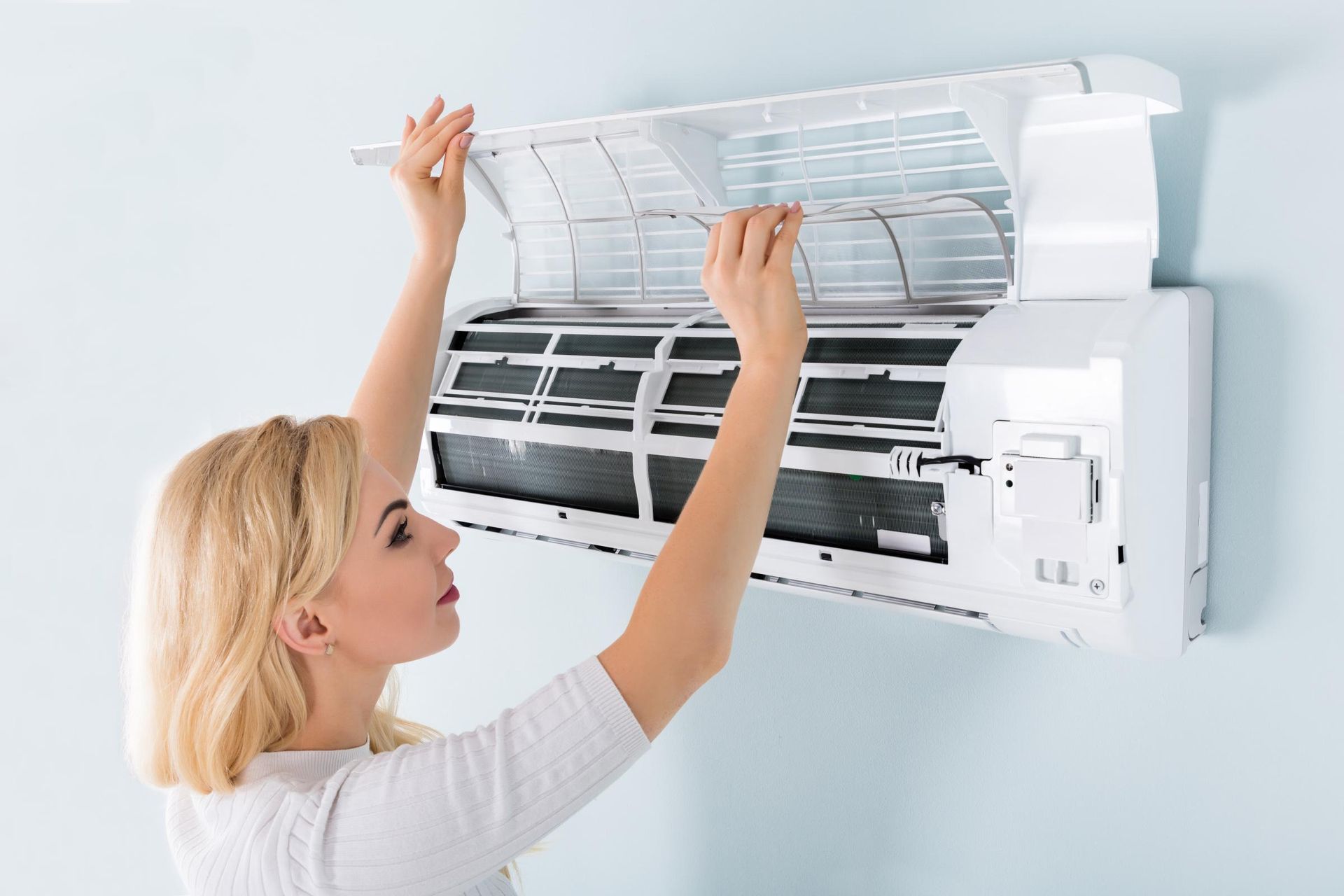
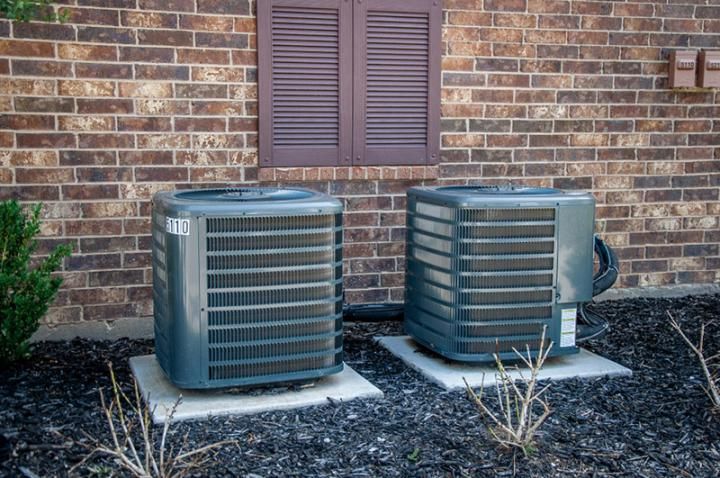

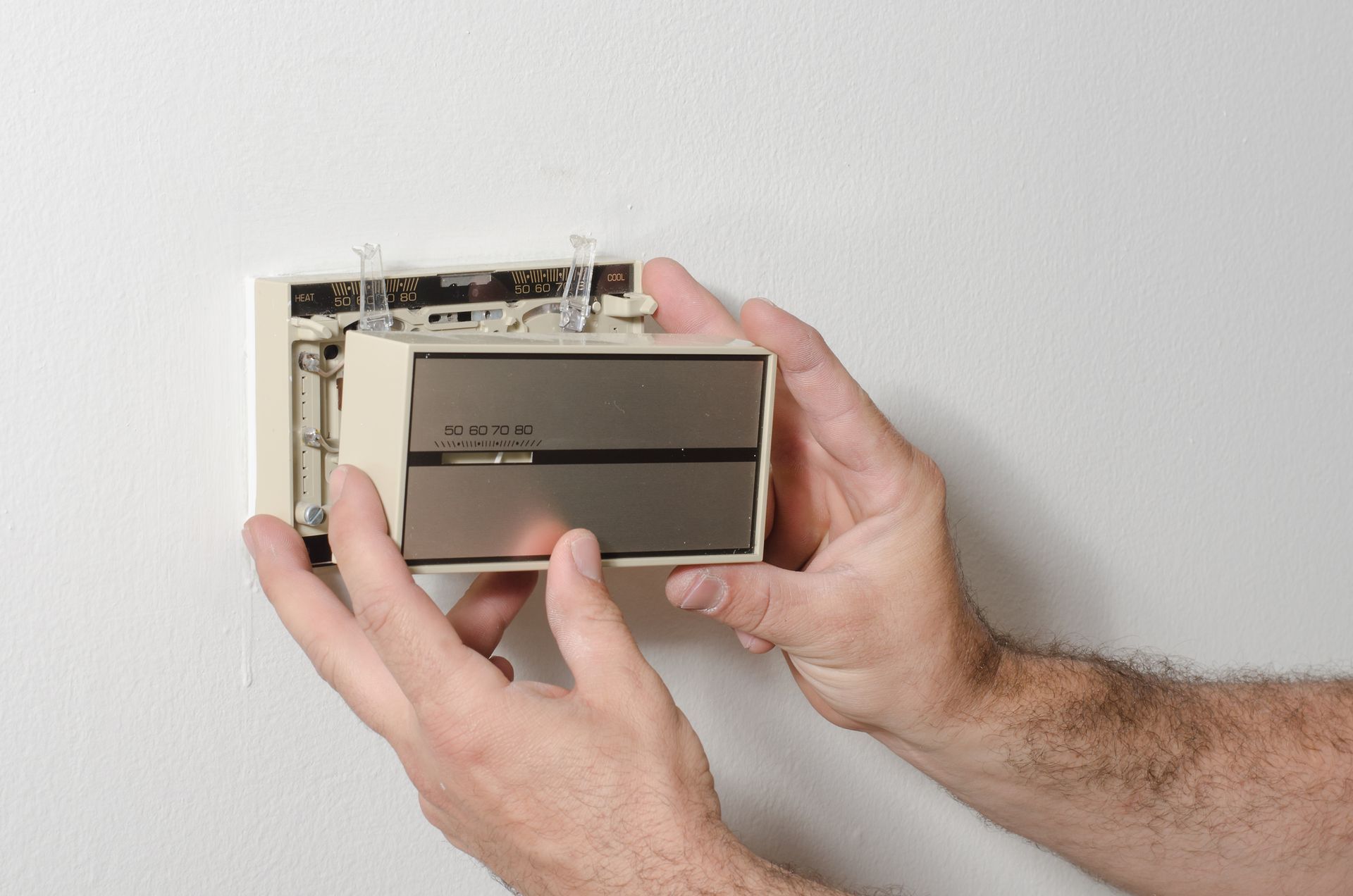

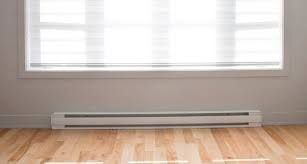
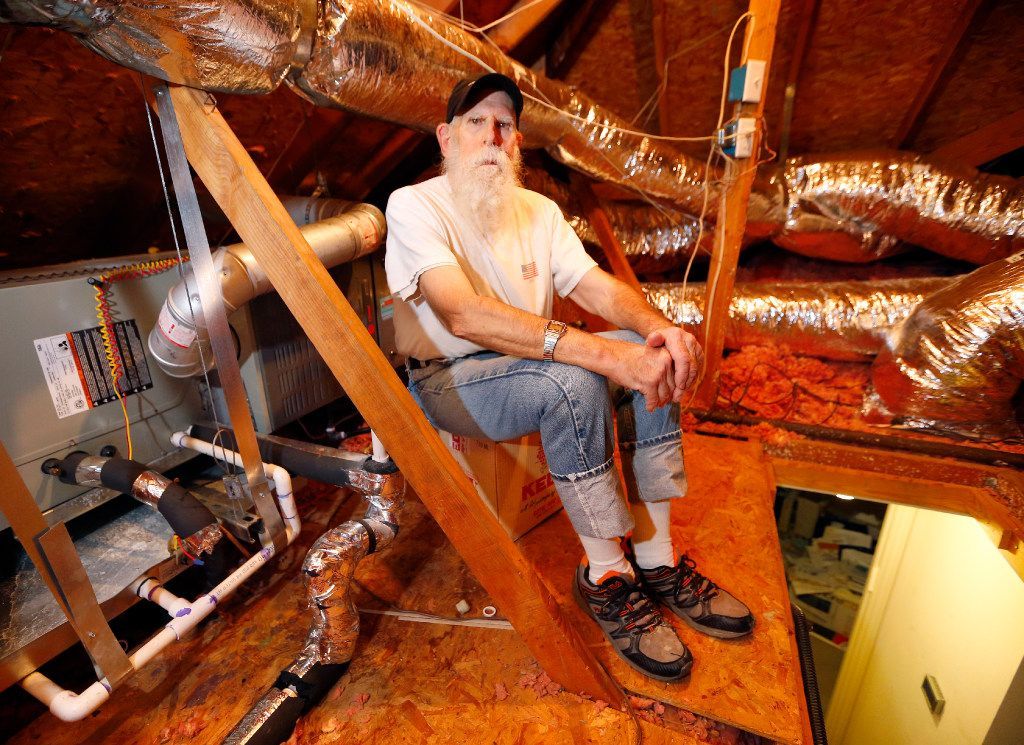

1200 Brickell Avenue Suite 1950, Miami, FL 33131
At 24/7 Local HVAC, we specialize in facilitating connections with top-tier HVAC professionals. Our focus is on bridging the gap between you and reputable HVAC companies operating within your local vicinity. It's important to emphasize that each of these HVAC entities functions independently and autonomously.
We firmly place the onus on every individual user to meticulously verify that any selected HVAC company aligns with the mandated licensing and insurance prerequisites stipulated by the governing authorities in their respective jurisdiction.
Furthermore, it's worth noting that our services may regrettably not cover all geographical areas. In instances where our services are available, the scope of offerings could potentially differ based on the composition of service providers present within that particular region.

